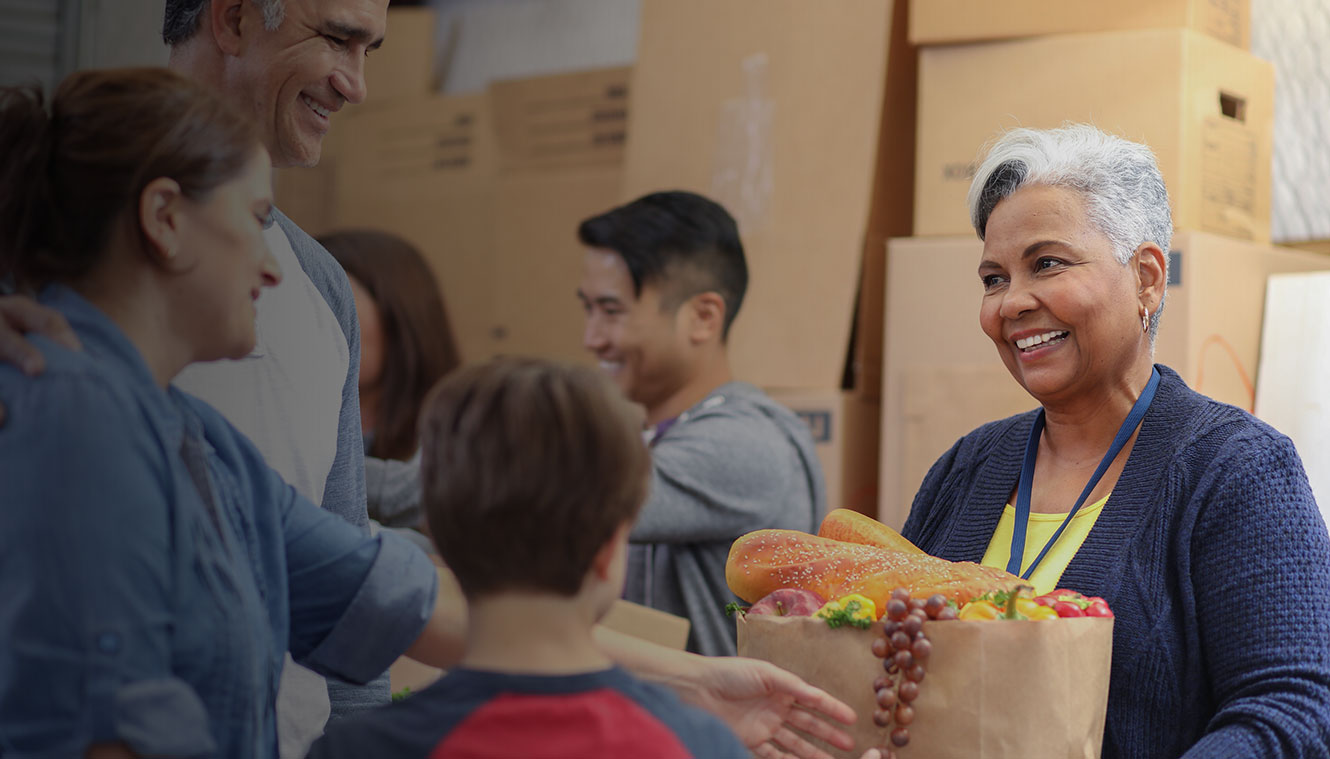Positive Parenting for Children with a Disability
Children of all ages need a safe, secure and loving environment to do well. Positive parenting is an effective approach to bringing up children that emphasizes the positive. It involves creating a family environment that is loving, supportive and predictable. This is important in bringing up healthy, well-adjusted children who will reach their potential and have rewarding relationships with others. Positive parenting reduces the stress of parenting and makes it more enriching and enjoyable. Join the School Readiness Program, AT NO COST, through Zoom as we provide suggestions about how to use positive parenting in raising children who have a disability.

